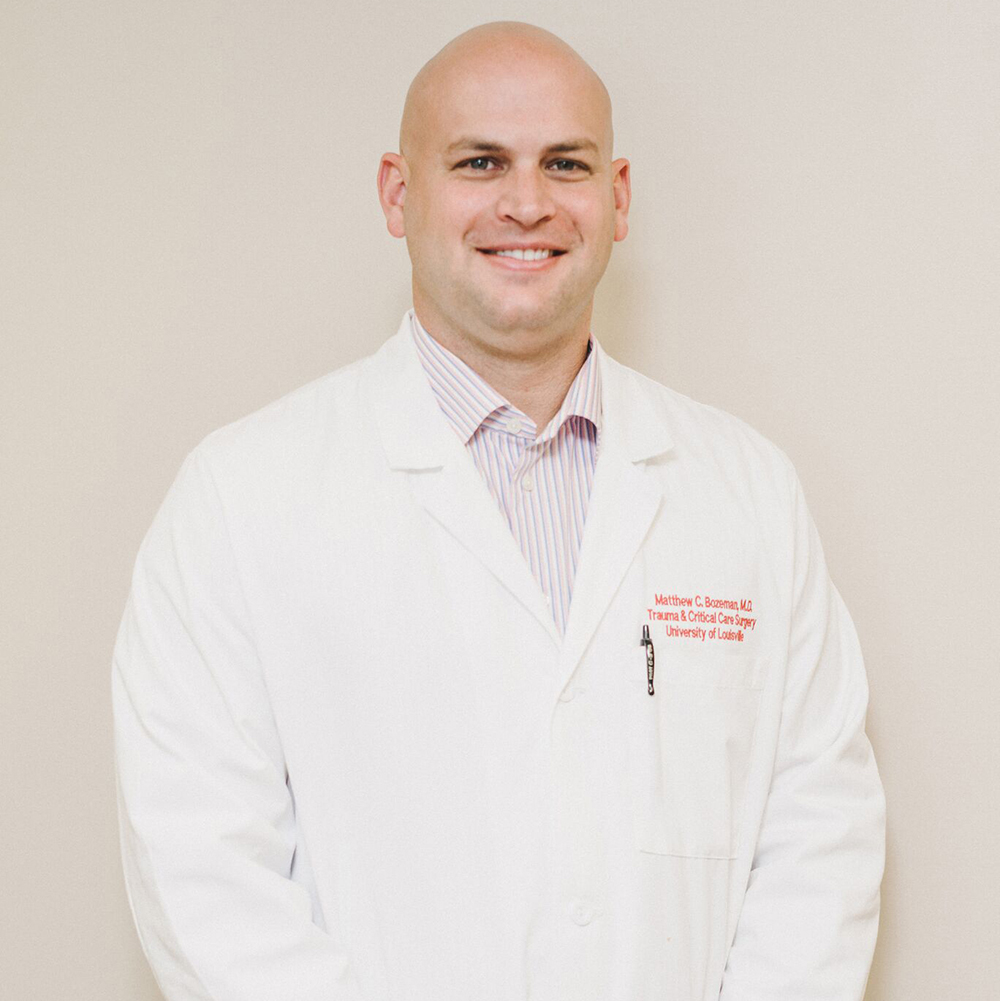
Thousands of people suffer firework-related injuries each year, with 90% of those injuries happening between June 16 and July 16.
The most common firework-related injuries doctors at UofL Hospital see each year impact the eyes, face, hands and fingers. The injuries can range from minor burns to death.
UofL Hospital is home to the only dedicated adult Burn Center in Kentucky. We see 250 – 350 patients (inpatient and outpatient) annually from all over the tri-state area.
According to the Consumer Product Safety Commission, eight firework-related deaths were reported in 2017, with victims ranging in age from four to 57. This is the most recent complete data for firework-related deaths.
For people who are injured, recovery can take weeks to months. In some cases, patients might have to undergo reconstructive operations.
With most large-scale fireworks shows being canceled this year because of COVID-19, we could see more impromptu fireworks shows throughout local neighborhoods.
If you’re going to put on your own fireworks show, common sense goes a long way.
Here are some tips to keep you and your loved ones safe during fireworks season:
- Buy from a reputable source. Make sure you know and trust the person you’re buying the explosives from.
- Step back after lighting. Never handle fireworks after you light them because you cannot trust the fuses. Back away quickly.
- Be prepared. Have a bucket of water or a hose nearby so you can quickly put out fire. Have your phone with you so you can call for help if you need it.
- Watch your children. Make sure children are far away from the fireworks. If they’re using sparklers, keep a close eye on them to make sure they do not get burned.
- Do not handle fireworks if you’re under the influence of drugs or alcohol.
If you or someone else is injured by a firework, here are the immediate steps you should take:
- Flush the burn with cool water.
- If there’s bleeding, apply direct pressure.
- Call 911









